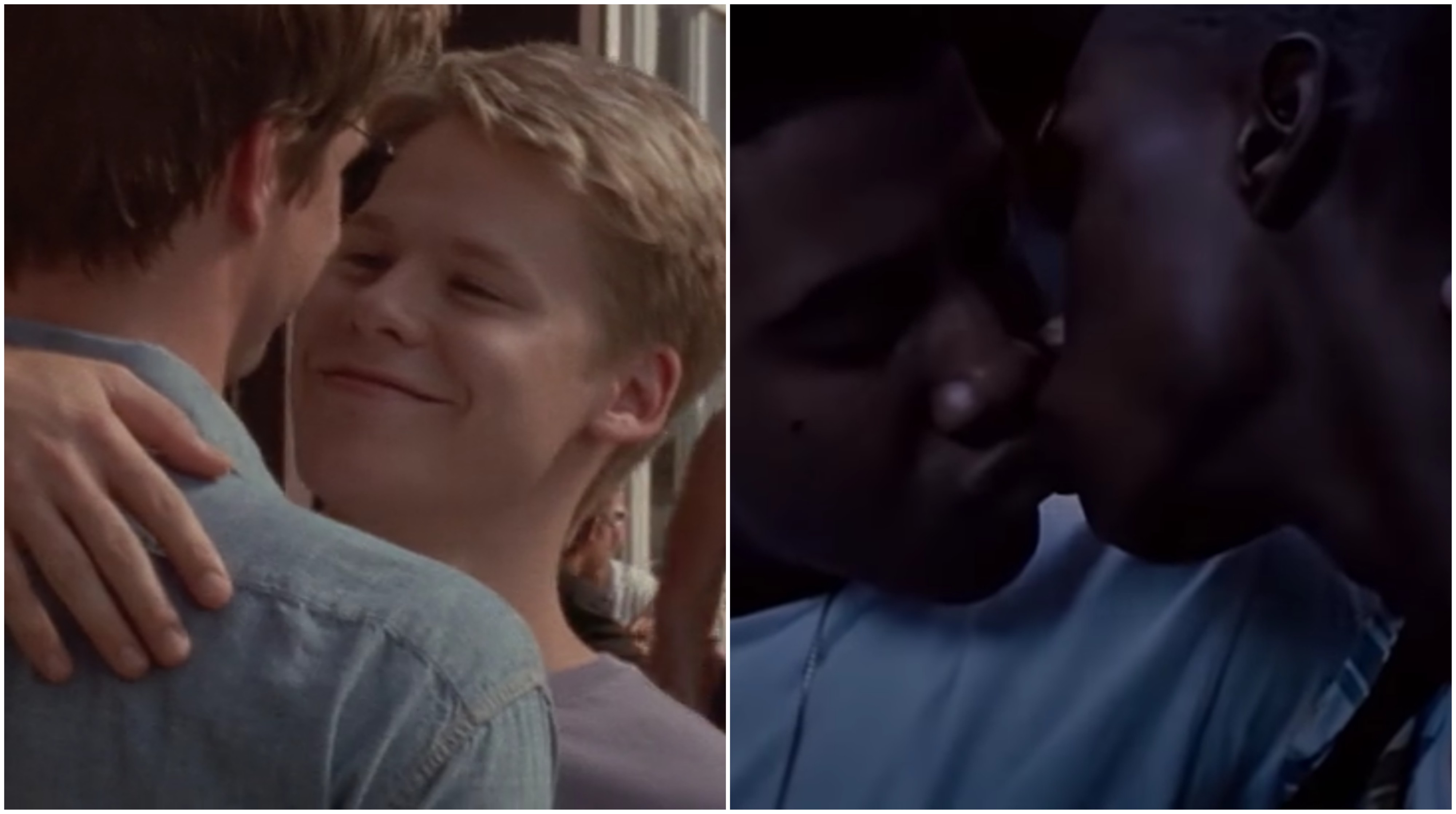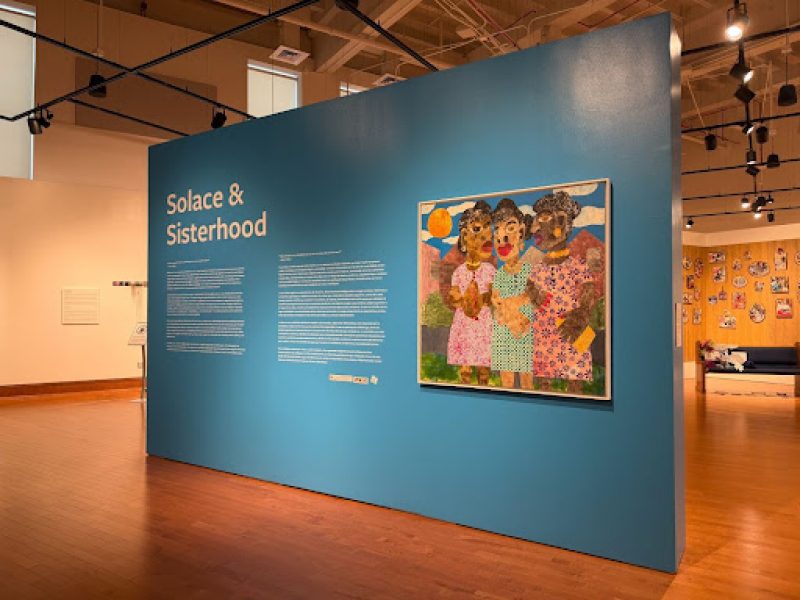When Moonlight won Best Picture in this year’s Oscars, it felt like a watershed moment for the LGBT community; never before had a film featuring a prominent gay character, let alone a person of color, received such prestigious accolades. But while Moonlight‘s victory felt like a cause for celebration, it exposed a more unfortunate truth: Only recently has diverse and nuanced queer media reached such prominence.
It’s an evolution that feels long overdue. Take 2005’s Brokeback Mountain, the much-lauded film about two male farm hands who lead a secret sexual romance that eventually meets a tragic end. Centered around their inability to be together, the movie is an example of a depressingly common theme in popular gay media — namely, the impossibility of gay relationships and the constant threat of the closet.
Other narratives in the past have lacked diversity and felt reductive in presentation. Early 2000’s drama Queer as Folk was one of the first TV shows to center on gay lives, but its story focused mostly on middle-class white men. Moreover, it trafficked in frustratingly common tropes about gay people: HIV, parental rejection, high school bullying and hedonistic relationships. Even more recent hits like ABC’s Modern Family, the megahit sitcom that features gay parents Cam and Mitch, often falls short of producing a compelling narrative. High-maintenance but remarkably tame, Cam and Mitch are far less romantic than the show’s other couples. Their flamboyant behavior furthers a particular depiction of gay men that feels somewhat tokenistic. While their influence cannot be overstated, it’s hard not to wonder who they were meant to appeal to in the first place.
But as queer representation increases in popularity, the complexity and nuance of gay media has grown as well. In the last year alone, numerous examples of queer media have been met with popular and critical acclaim. By focusing on the potential of their characters rather than the societal limitations they face, a more radical vision can emerge.
The much-lauded “San Junipero” episode of Netflix series Black Mirror provides an excellent example of this. Set in the 1980s, “San Junipero” follows Yorkie, a lesbian, as she explores a mysterious seaside resort town. There, she meets a woman named Kelly, who is bisexual, and the two become fast friends and lovers. The show deftly navigates their relationship and its challenges with serious emotional heft. Unlike older series, the two maintain their autonomy and transcend limitations. By using queerness as a focal point for imaginative storytelling, “San Junipero” conjures new possibilities within fantasy and science fiction.
The same can be said for the beautiful and impressionistic Moonlight. The film tells the story of Chiron, a gay black boy growing up in a poor area of Miami. Moonlight intersects his sexuality with class and race, focusing on elements of identity that are sorely lacking in gay popular media. Like “San Junipero,” Chiron’s multi-faceted identity simply colors his perspective rather than becoming the sole focus. The film splits his life in three parts, allowing Chiron’s sexual development to unfurl with deliberate grace. This growth takes place in moments of quiet vulnerability, where the pressure and bullying from others seem to melt away from him. But for all of the hardships he faces, Moonlight is a love story at heart, documenting Chiron’s romantic discovery with a poignancy rarely seen before in gay films.
Gay musicians like Mike Hadreas, the songwriter better known as Perfume Genius, use their own identities to explore rage, sadness and longing through a personal lens. On his last record, 2014’s Too Bright, songs like “Queen” revel in the power that comes from making others uncomfortable. “Don’t you know your queen?/ Don’t you know me?” he sings over menacing synths and an angelic choir. “No family is safe/ when I sashay.” By turning his identity into a weapon, Hadreas reclaims his power and discards fear. But on his latest song, “Slip Away,” Hadreas changes the frame to something more joyful. The quiet/loud dynamics carry its empowering chorus: “Don’t look back, I wanna break free/ If you’ll never seem ’em coming/ You’ll never have to hide.” With pounding drums and huge guitar riffs, “Slip Away” is Hadreas’ most ambitious song to date. It’s an ode to radical freedom that asks us to be emphatically ourselves.
Messages like these remind us of the value of real representation. When we can envision ourselves in media, and not simply as victims, we gain models to aspire toward and open new ways of seeing. It’s only appropriate that our media continues to reflect the richness and complexity of our communities.



